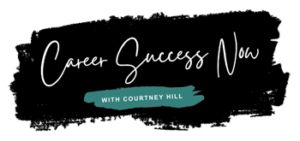Revolutionize Your Career: Online Presence Management 101
Master your career with online presence management! Boost your professional brand, optimize LinkedIn, and stand out in the digital world.
From Here to There: Transforming Careers with Stellar Resumes
Transform your career with stellar resumes designed for seamless career transitions. Expert tips and strategies to stand out.
LinkedIn Networking Secrets Exposed: Strategies for Career Growth
Unveiling LinkedIn networking secrets for career growth. Master strategies, build connections, and unlock opportunities.
Revamp Your Resume: Expert Critique and Review Services
Enhance your resume with expert critique and review services. Get professional guidance to stand out from the competition.
Take Your Career to New Heights: Expert Executive Resume Services
Elevate your career with expert executive resume services. Unlock your full potential for executive positions.
Unlock Your Potential: Harness the Expertise of CV Writing Specialists
Unlock your potential with CV writing specialists. Get a competitive edge in the job market with tailored expertise.
Career Advancement Starts Here: Unveiling Cover Letter Writing Help
Unlock your career advancement with expert cover letter writing help! Master the art of impressing employers and landing your dream job.
Maximize Your Chances: Get Professional Federal Resume Assistance Now
Maximize your chances with professional federal resume assistance! Tailored expertise for your dream government job.
Unlocking Success: Expert Tips for Academic CV Creation
Expert tips for academic CV creation! Unlock success with tailored content, impeccable organization, and impactful design.
From Here to There: Transforming Careers with Stellar Resumes
Transform your career with stellar resumes designed for seamless career transitions. Expert tips and strategies to stand out.
